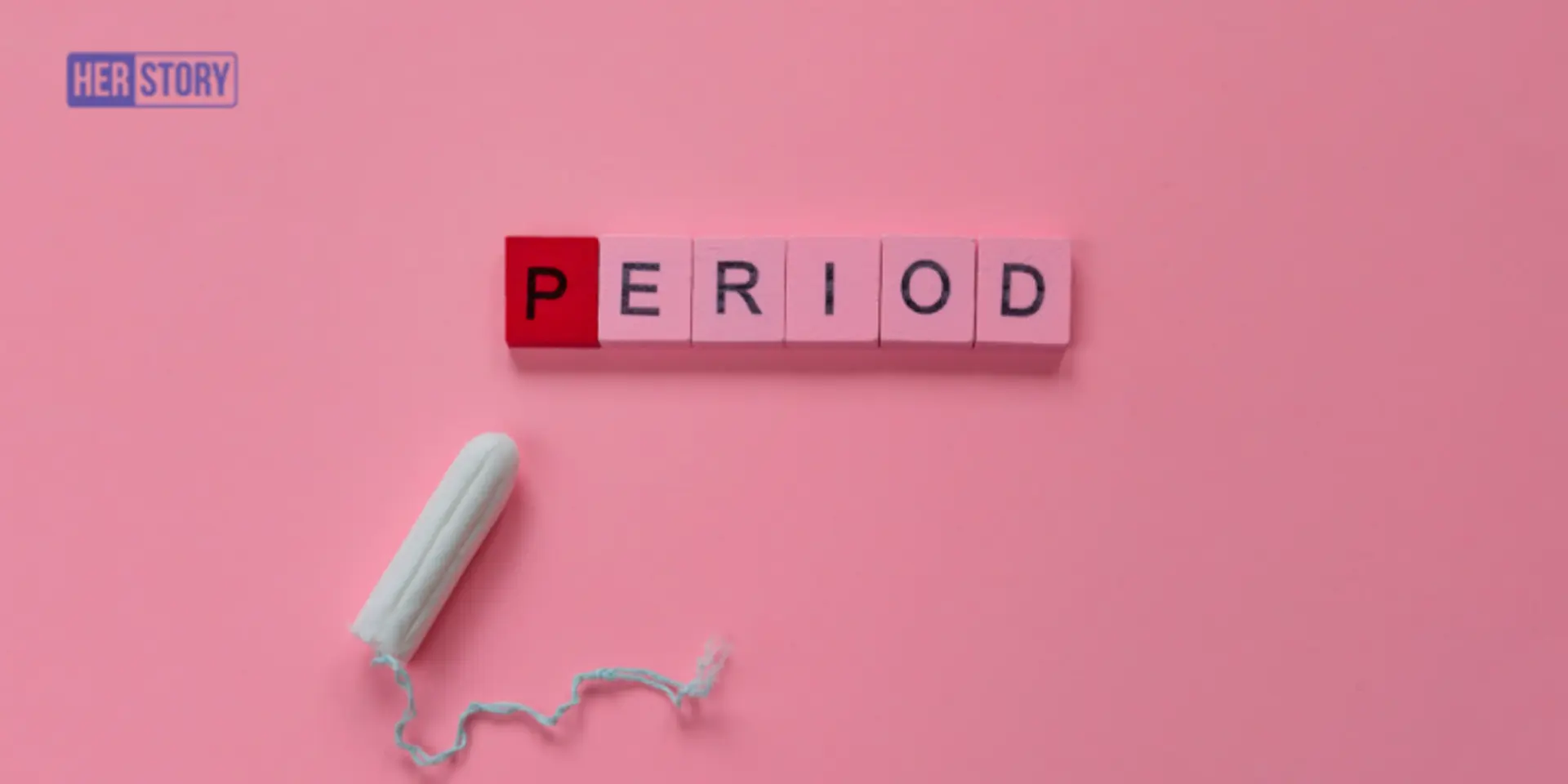Period poverty: why do we need to start talking about it and how you can help?
The need to talk about period poverty is vital as this issue confronts not just developing nations but also developed nations, with ramifications across health and wellbeing, education, work, productivity, and more.
Period poverty is a real problem not just in India but also across the world, including the developed world. In the UK, at least one in 10 girls are not in a position to buy menstrual products. As a result, these girls miss attending school as well.
It is not only a question of affordability but also about access. Most women and girls across the globe do not have proper access to good hygiene facilities as a result of which they are not able to manage their periods. Inability to manage periods and lack of access to menstrual products is what is called ‘period poverty’.
The term also has a broader connotation and encompasses lack of good education; lack of proper understanding and information about menstrual issues and products; and above all, the fear of menstrual stigma.
Why the need to talk about period poverty?
The need to talk about period poverty is all the more necessary because it is an issue that confronts not just developing nations but also developed nations, with ramifications in the following.
Health
Women and girls, predominantly in the developing world, face health issues due to the following reasons,
Lack of or limited access to menstrual products
This has resulted in women and girls having to contend with low-quality menstrual products and their usage many times over, increasing the risk of bacterial infections or thrush; or a shift to makeshift solutions that are not proper, safe, and comfortable.
Superstitions or myths
In most developing nations, women with period poverty face the danger of being shunned by society. Faced with humiliation, such women and girls will either not gain proper access to menstrual products or completely refuse to wear them. This, in turn, causes health issues.
False assumptions
Women and girls refuse to attend physical activities or take part in sports, due to the wrong assumption that it is improper to take part in them while menstruating. Even where some women and girls recognise that it is false, they refuse to take part, fearing that they may leak if they take part in them.
Education/work
Many girls are missing out on proper education, or altogether dropping out of it due to lack of access to menstrual products.
In the developed world, girls from low-income strata of the society are unable to afford menstrual products. Likewise, in the developing world, the reasons vary from lack of proper hygienic facilities like toilets, to fear of being ostracised by the society due to the stigma attached to period poverty; and health issues resulting from painful cramps or other related symptoms, apart from affordability issues driven by poverty.
Women also encounter period poverty during their work commitments. Many in the developed nations like the UK, the Netherlands, etc, are not able to properly fulfil their work duties during their periods, because of their inability to manage their periods. Similar is the case in developing nations like India, where women often drop out of work altogether, due to the extreme pressure caused by inability to manage periods.
The fallout from period poverty on the educational/work fronts has resulted in economic issues, culminating in lack of motivation, loss of productivity, and eventually, economic losses.
Emotional wellbeing
Period poverty impacts not only the health of women and girls but also their emotional wellbeing.
In the developing world, they are shunned by society and treated as outcasts. As a result, most women and girls feel inferior because they are unable to manage their periods with dignity. They are constantly told that they are unclean or they smell toxic.
All of these affect not only their physical well-being but also hampers their emotional well-being. Eventually, they are scarred for life, confused, scared, and lonely, leading to stress, depression, and issues of self-esteem and anxiety.
How to address period poverty?
Addressing period poverty is not easy. It requires sustained efforts coupled with the determination to break free from it.
Some meaningful measures can go a long way in reducing their prevalence or altogether eliminate them.
Destroying taboos associated with menstruation
This can be achieved with a three-pronged sustained effort in the form of easy availability of menstrual products; proper sanitation; and easy and convenient access to hygienic facilities.
Better education on menstruation and what can be done to keep it under control. This will need the support of the government, health, and public bodies in a coordinated manner.
Declaration of menstrual care as a basic human right
Periods are a natural biological process that a woman or girl is entitled to manage hygienically, and with dignity. Declaring them as a basic human right will go a long way in understanding their real significance and dispelling wrong notions about them.
Proper and widespread media coverage about menstruation and period poverty
This will educate people about menstruation and particularly help women and girls understand menstruation and overcome the stigma around it.
Period poverty is not going to go away anytime soon. But sustained efforts in various ways as outlined above can work effectively to bring it down to a negligible level and, eventually, make a difference by eliminating it completely.
Edited by Teja Lele
(Disclaimer: The views and opinions expressed in this article are those of the author and do not necessarily reflect the views of YourStory.)








